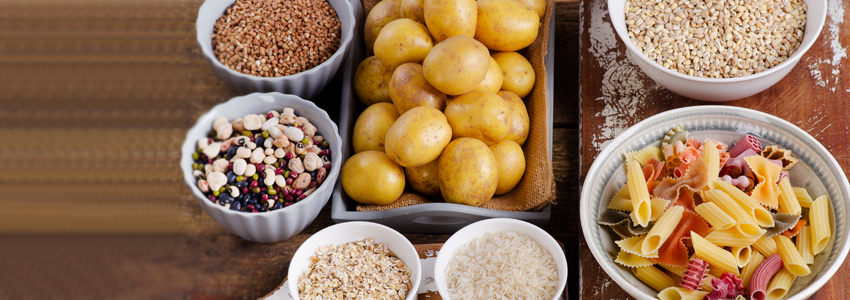How to Build Muscle Mass
2 May 2023
Between weights and protein shakes exists the scope for foods to accelerate the muscle building process. Know how to build muscle mass.
What’s the difference between an average and a smart bodybuilder? The former relies on the trusted route of crunches, lifts, protein shakes and reps but the latter goes beyond the norm. The smart bodybuilder is aware of the power of the foods and recruits them intelligently to pack on unadulterated muscle. If you wish to move to the other side, you need to know the rules of bodybuilding and follow them scrupulously.
THE SCIENCE OF MUSCLE GAIN
To grow bigger in muscle size and strength, you need additional nutrients, 500 surplus calories to be precise, over and above your maintenance intake to fuel the process. For clean bulking the foods supplying the additional 500 calories per day are more important, because to build that muscle mass you need to consume nutrients coming from high-quality proteins, complex carbohydrates and good fats.
When you eat indiscriminately with the sole objective to bulk, more of insulin begins to float in your blood in response to heavy meals that you eat. Insulin is a critical hormone, and it stands between whether your body will convert the food components, glucose, amino acids and essential fatty acids into muscle or fat. Insulin-sensitive muscle cells greedily absorb glucose and amino acids at the cue of insulin, an anabolic hormone. However, too much of insulin makes muscle cells inefficient and begins to recruit foods eaten to store fat, as it is metabolically easier for the body to convert foods in fats. With care-free bulking, your testosterone level drops, which is a critical hormone for your muscle building. Learn to recruit foods to build muscle and not fat.
The amount of muscle you can build relies on your body’s ability to synthesize muscles from the protein you ate, and there is a limit to it. Your body can build between 0.25 to 0.5 pounds of dry muscle tissue in a week’s time, under ideal circumstances (perfect diet, training, recovery and supplementation). On average, your body will process one or two pounds of muscle in a month, irrespective of your calorie intake. Where do the rest of the calories go? Fat.
- TAKE IN SURPLUS CALORIE BUT IN MODERATION
Go for modest calorie surplus to duck fat and build muscle. The thumb rule to calculate your calorie intake is based on your body weight. Arrive at your calorie intake by multiplying your body weight in pounds with 15-17. For instance, if your weight is 175 pounds (about 80 kg), your calorie intake should be 16 x 175 pounds which is equal to 2800 calories.
- RELY ON NUTRIENT PACKED FOODS FOR YOUR DAILY CALORIE INTAKE
To build maximum muscle without gaining fat, you need to eat healthy foods. Your calories should come from complex carbohydrates, proteins, and good fats. Include fruits, vegetables, whole grains, oats, eggs, milk, nuts and flesh foods from fish, chicken and meat to meet your muscle needs.
- EAT PROTEINS AND FATS FIRST AND HAVE CARBS LATER
Taking in non-carb foods first will lower the post-meal glucose and insulin level which is essential to prevent fat deposit in your body. With refined eating behaviour, you’ll feel less sleepy because eating protein first interferes with the production of sleepy neurotransmitter, serotonin.
However, you would certainly want an insulin surge before a workout in order to maximize nutrient uptake in the muscles. So, it’s always good to grab some carbs before your workouts.
The highest amount of human growth hormone is released during sleep. It is also during this period that your body repairs its muscles. In addition, a sound sleep helps you manage your stress efficiently. It is recommended to take 7 to 8 hours of deep, sound sleep every night.
High-intensity exercises such as squats, dead-lifts and pull-ups are useful for building muscles. During these exercises, your body burns multiple fuels like glucose (from carbohydrates) and fatty acids (from fat) depending on the intensity and duration of your workout to produce energy and build muscle by increasing the size of muscle fibers.
Use foods intelligently to fuel your muscle gains and grow bigger and stronger in size and strength.









 100% Safe & Secure payments:
100% Safe & Secure payments:




